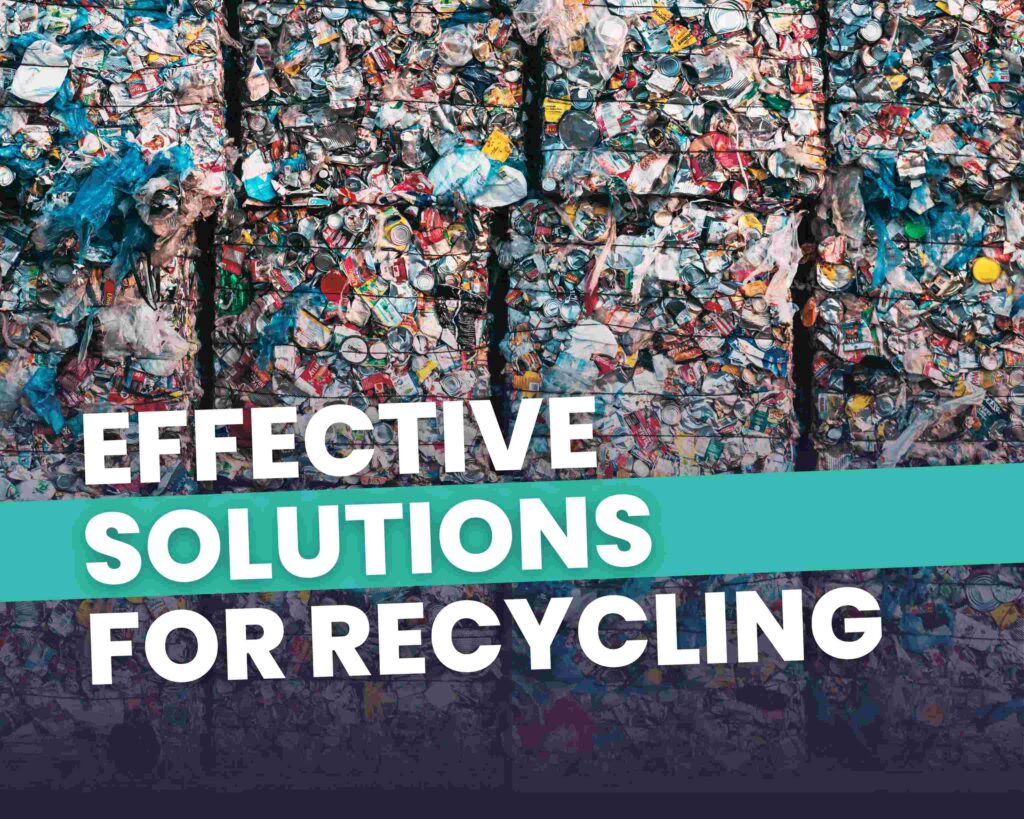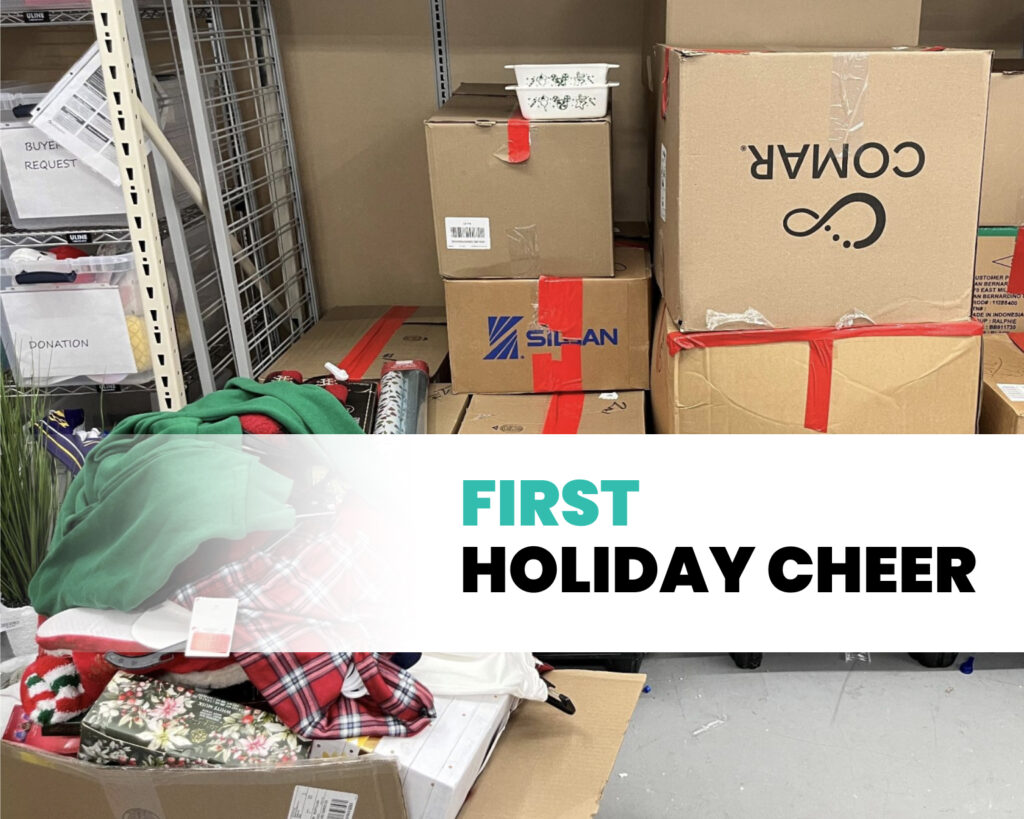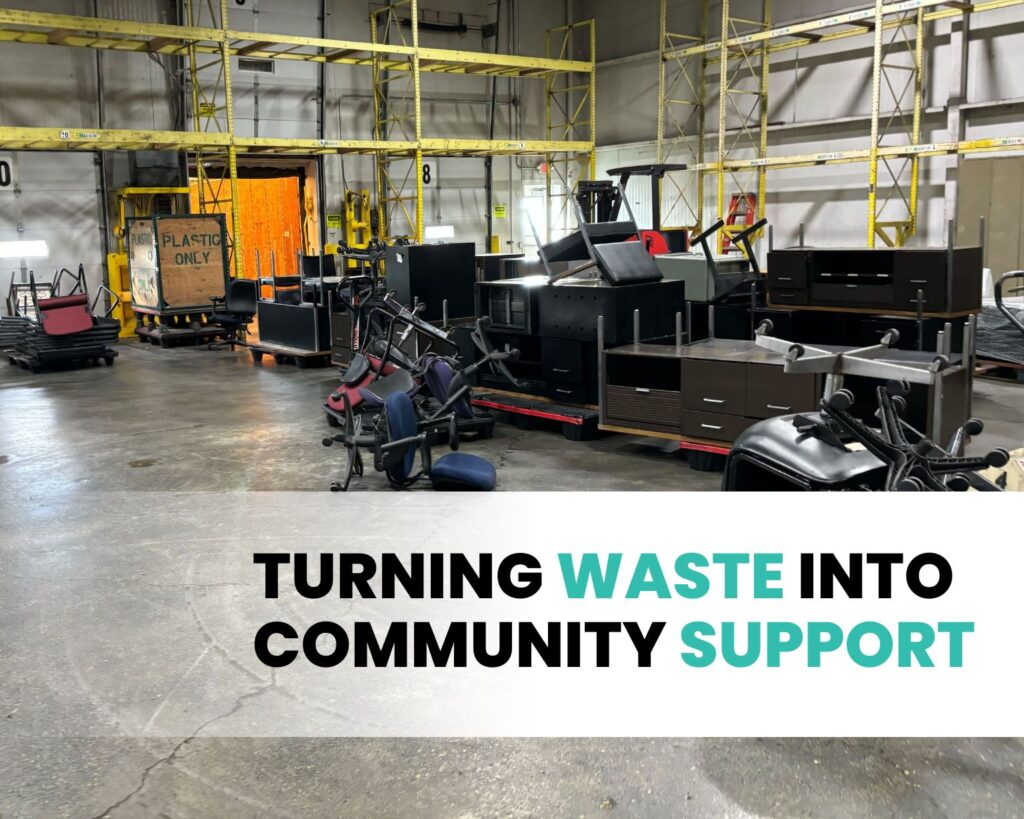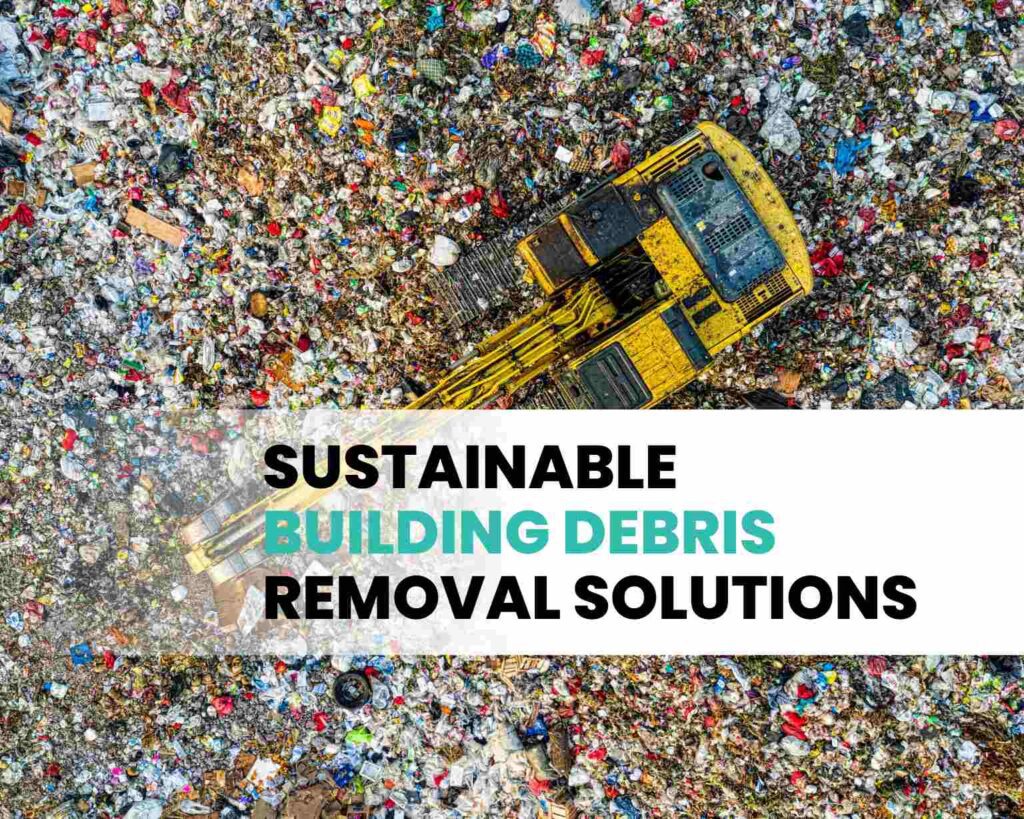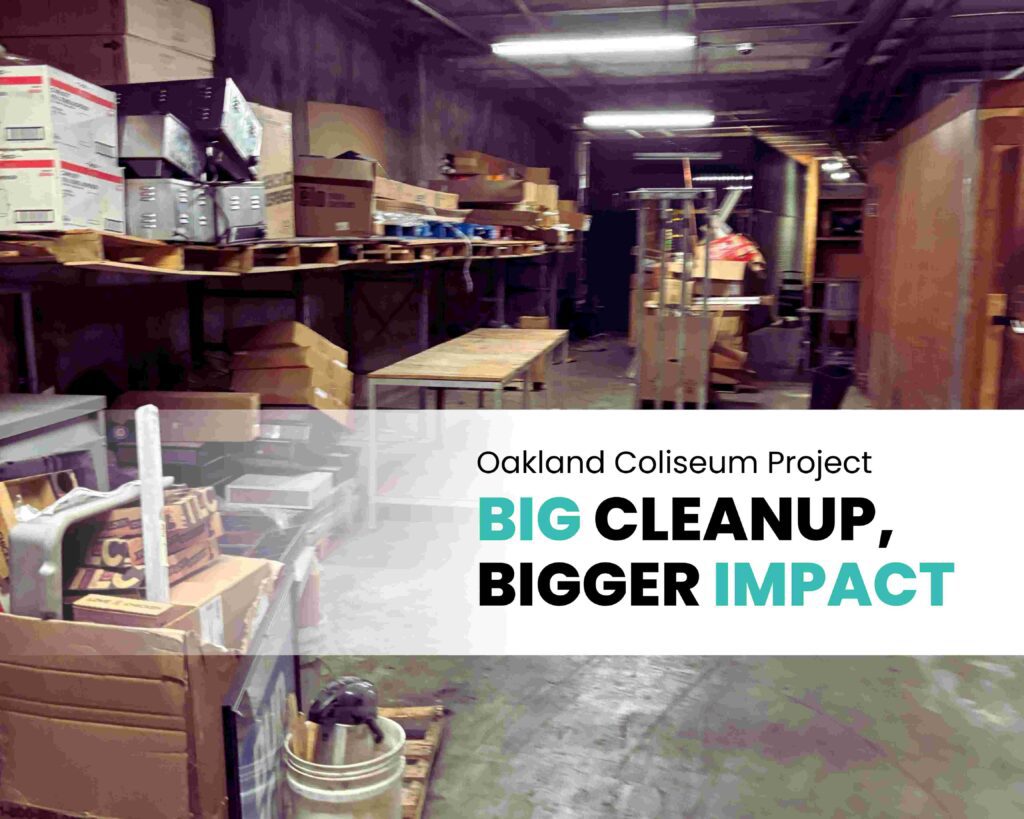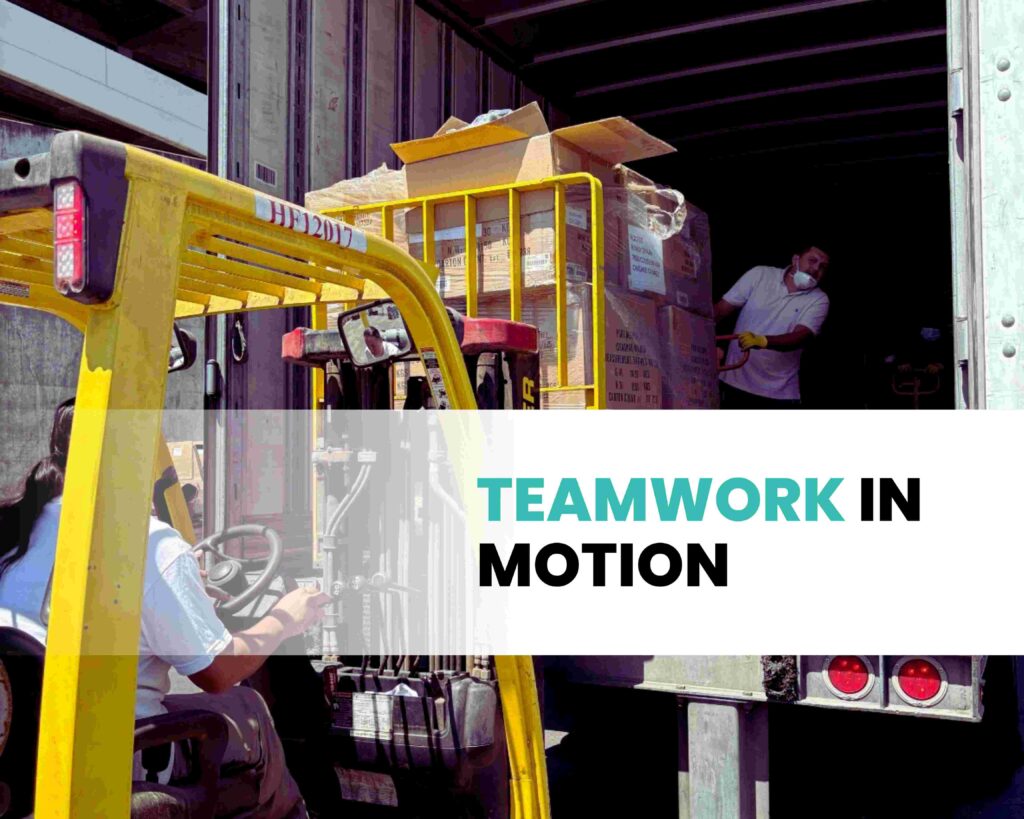Demystifying the World of Liquidation: A Deep Dive into the Process
Table of Contents
The Genesis of Liquidation Pallets
Liquidation has deep roots in the retail industry. From its initial stages, businesses recognized the necessity of offloading excess inventory to maintain their economic equilibrium. As industries evolved, so did the practice of liquidation, birthing the concept of how to sell liquidation pallets. The inception of this idea was a turning point, forever changing the way companies manage and sell surplus stock.
The Psychological Underpinnings Behind Buying Liquidation Pallets
Purchasing liquidation pallets comes with a unique thrill. The allure lies in the potential to find high-value items at significantly discounted prices. Yet, it’s essential to recognize the balance of risk and reward. While buyers may uncover hidden gems, they also grapple with uncertainties like product condition or market demand.
The Challenges To Sell Liquidation Pallets
To Sell liquidation pallets, it may appear straightforward but it’s a complex process, fraught with legal and environmental challenges. Each country has unique laws regarding the sale of liquidated goods. These can range from consumer protection regulations to waste management guidelines, which businesses must navigate diligently.
Liquidation Logistics: Beyond the Basics
Logistics in liquidation extend beyond merely moving goods. It involves smart packing techniques to optimize space and ensure product safety. Moreover, it requires robust systems to guarantee pallets reach their destinations timely and intact. Such attention to detail can make a significant difference in the profitability of selling them.
The Dark Side of Liquidation: Myths vs. Reality
Liquidation has often been shrouded in mystery, with many misconceptions circulating about its process and profitability. From unrealistic expectations of profits to underestimation of the work involved, these misconceptions can mislead both buyers and sellers. It’s therefore crucial to debunk these myths and highlight real stories from the liquidation world.
Unraveling Liquidation Narratives: Stories from the Frontlines
Unearthing the tales of those who tread the liquidation path gives a profound understanding of its dynamics. Here’s a closer look at some genuine accounts from the industry.
- Story of a Small Retailer: Embarking on the liquidation journey with limited resources, this retailer leveraged local connections, bridging the gap between surplus inventory and community needs.
- Chronicles of an E-Commerce Giant: How online marketplaces navigate the complexity of liquidation, integrating tech solutions to streamline processes and enhance user experience.
- Tales from a Liquidation Warehouse Manager: Peeling back the curtains of daily operations, get insights into the challenges and successes of handling an expansive liquidation warehouse.
The Art and Science of Pricing in the Liquidation Space
Pricing in liquidation isn’t just about slashing prices. It’s an art and science that involves considering various factors, including product condition, market demand, and competition. Additionally, adopting dynamic pricing models can help sellers respond promptly to market changes, thus ensuring optimal profits when selling liquidation pallets.
The Role of Technology in Buying and Selling Liquidation Pallets
With the advent of e-commerce, the landscape of liquidation has been revolutionized. Modern platforms enable smoother buying and selling liquidation pallets, increasing reach and convenience. Furthermore, leveraging artificial intelligence and analytics can aid in predicting buyer behaviors and optimizing sales strategies.
Ethical Considerations in Liquidation
Liquidation isn’t just about economics; it’s also a matter of ethics. Delve into the moral imperatives guiding the industry.
- Transparency and Honesty: Ensuring clear communication about the condition and origin of goods is fundamental. This not only upholds the seller’s reputation but also ensures buyer trust.
- Welfare of Employees: Often, liquidation arises due to business downsizing. Prioritizing the welfare and rights of affected employees remains paramount.
- Ecological Responsibility: Beyond profit, there’s a responsibility towards the environment. Ensuring disposal practices are sustainable and eco-friendly plays a significant role.
The Global Perspective: Liquidation Across Borders
Liquidation isn’t confined to domestic boundaries. However, selling internationally brings its set of challenges, from understanding cultural preferences to navigating logistical and legal hurdles. Despite these challenges, a global approach to liquidation offers vast untapped opportunities.
Sustainability Efforts in the Liquidation Industry
Liquidation, by nature, contributes to reducing waste. However, there are further steps businesses can take to make their liquidation process eco-friendly. From adopting green packaging to highlighting sustainability in marketing efforts, these measures can appeal to a growing population of environmentally conscious buyers.
From Unsold to Upcycled: Creative Uses for Liquidation Goods
Liquidated goods don’t have to end up as waste. They can be creatively upcycled or repurposed for community projects. This approach not only reduces waste but also creates value in unexpected ways.
Navigating the Future: Predictions for the Liquidation Industry
The liquidation industry isn’t immune to global events or technological advances. From the effects of the pandemic to the rise of e-commerce, these changes continually reshape the world of liquidation. As we move forward, businesses and buyers must stay agile and ready to adapt to these evolving trends.
Final Thoughts: The Ever-Evolving Landscape of Liquidation
In the world of liquidation, change is the only constant. As businesses strive to optimize their practices, and buyers seek the best deals, the liquidation landscape continues to evolve. By understanding the intricacies of this process and preparing for future changes, businesses and buyers alike can ensure their success in the fascinating world of buying and selling liquidation pallets.

